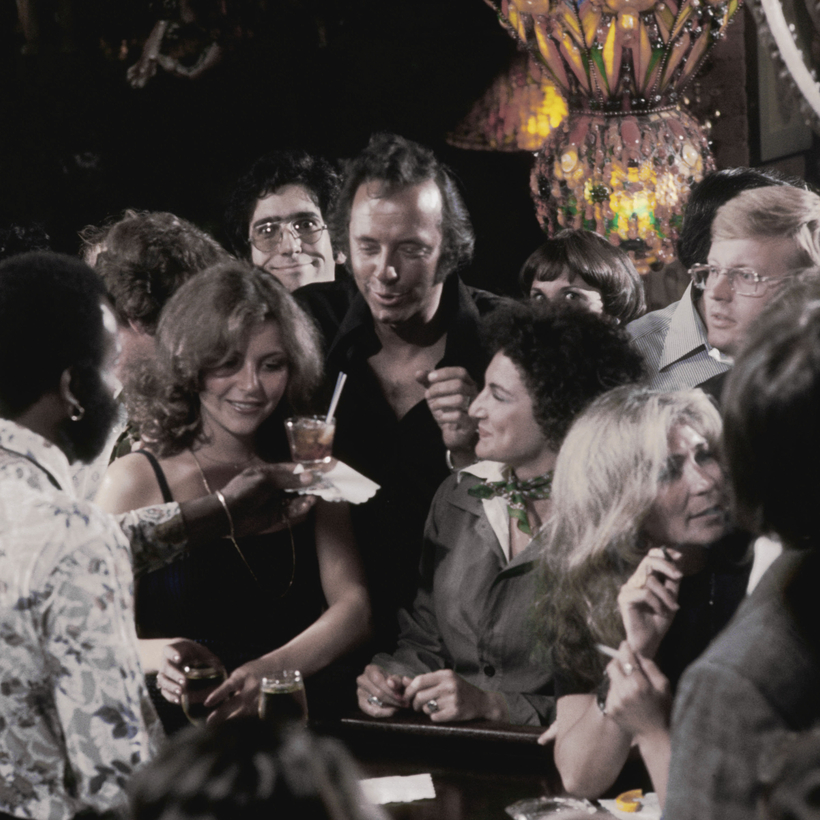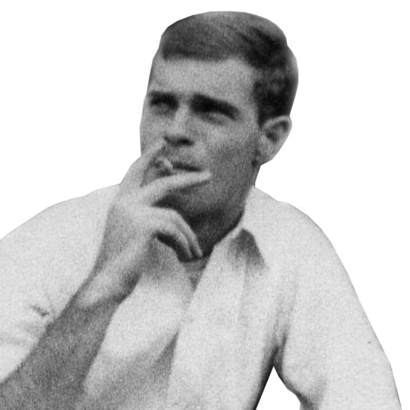In the 1970s, Jon Bradshaw was the self-stylized Indiana Jones of magazine journalism, a world-weary and charismatic man of letters. Friends with Gore Vidal, Martin Amis, and Christopher Hitchens, Bradshaw lived with Anna Wintour for five years, and produced magazine cover stories and in-depth features until he died, in 1986. His understated prose is droll and smart, as you’ll see in this excerpt from his story on Maxwell’s Plum, a New York restaurant that became something of an institution during the Looking for Mr. Goodbar 70s. —Alex Belth

“Man, you get a lot of freaks in here.”


